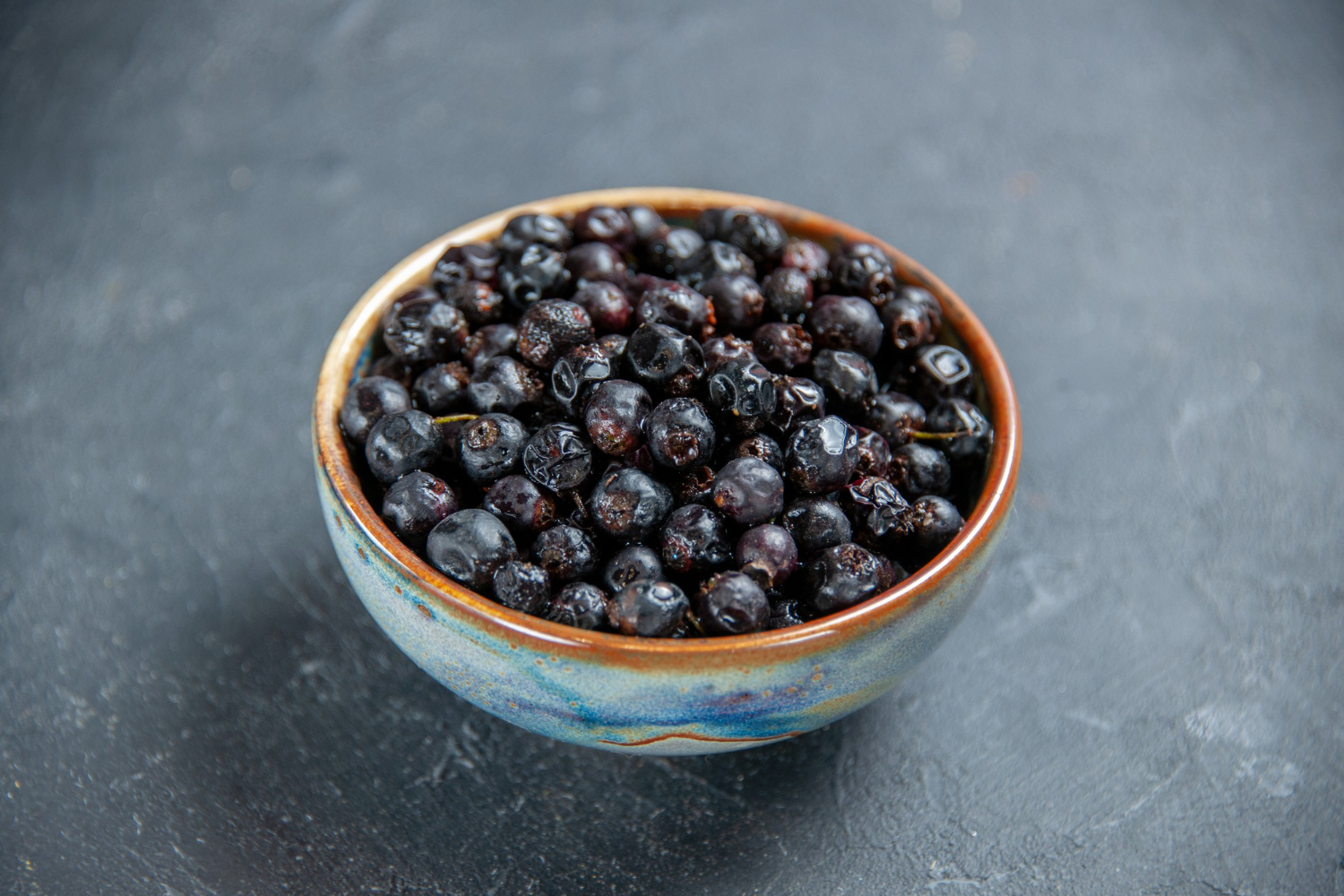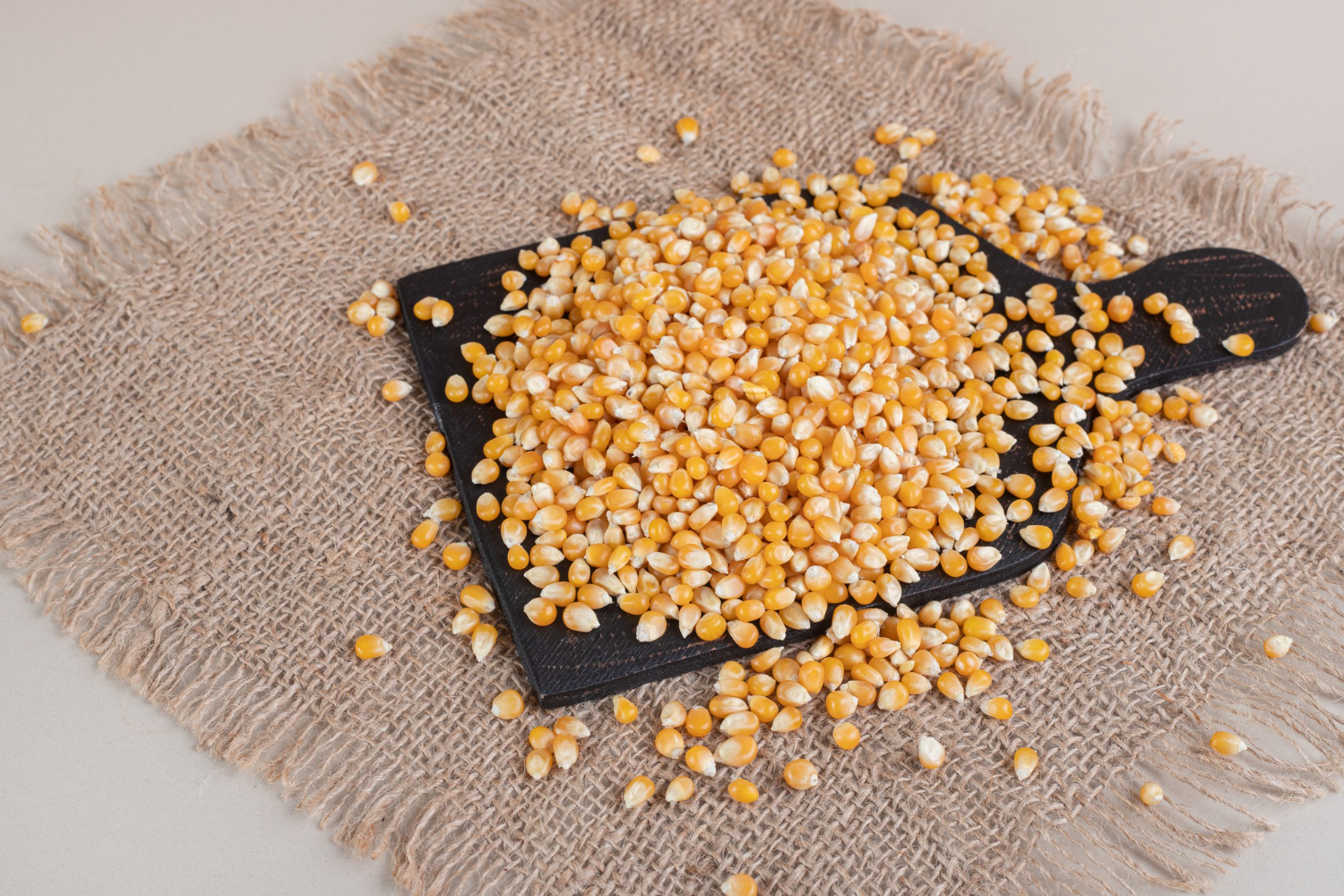Why are gastrointestinal cancers associated with diet?
Gastrointestinal cancers, particularly colorectal cancer, are highly sensitive to the influence of factors related to diet. It is estimated that up to 90% of such cancer cases may be closely linked to individual dietary habits. What’s valuable is not only what is on our plates but also the processes related to the processing, production, and preservation of consumed products. These aspects can significantly impact the initiation and development of cancer cells, making daily diet a key element in effective cancer prevention.
A component recognized as effective in protecting against colorectal cancer is food rich in dietary fiber. Fiber, an essential dietary component, has a positive impact on the functioning of the digestive system, blood glucose regulation, and cholesterol reduction. However, it doesn’t end there – research suggests that fiber also plays a significant role in preventing the development of colorectal cancer by positively affecting gut microbiota and regulating inflammatory processes.
Additionally, garlic is another dietary component that experts believe may play a role in colorectal cancer prevention. Compounds found in garlic, especially sulfur compounds, exhibit antioxidant and anticancer properties. Laboratory studies suggest that substances in garlic can inhibit the development of cancer cells and influence inflammatory processes, a significant factor in the etiology of colorectal cancer.
The role of calcium in colorectal cancer prevention should not be overlooked. Dairy products, rich sources of calcium, have a protective effect, contributing to maintaining bone health and potentially influencing processes related to tumor development. However, moderation is necessary, as excessive calcium intake can lead to other health complications.
The approach to an anti-cancer diet, based on recommendations from the National Institute of Public Health, includes these components to minimize the risk of colorectal cancer. A diet based on balanced fiber consumption, garlic, and calcium can be an effective strategy in cancer prevention. However, before making drastic changes to the diet, it is always advisable to consult with an experienced dietitian to tailor the dietary plan to individual needs and health conditions.
It’s essential to emphasize that diet is only one side of the coin in the fight against colorectal cancer. Physical activity plays a significant role in preventing this type of cancer. Regular physical activity, maintained for at least 30 minutes a day at moderate intensity, contributes to maintaining a healthy body weight, regulating metabolic processes, and reducing the risk of colorectal cancer development. Physical activity also promotes overall mental well-being, which is crucial in the context of battling disease.
In the context of anti-cancer nutrition, it’s also crucial to look at the overall quality of the diet. Avoiding excessive consumption of processed foods rich in saturated fats, salt, and added sugars is recommended. Instead, the focus should be on fresh, unprocessed foods, vegetables, fruits, whole grains, healthy fats, and low-fat proteins.
When planning an anti-cancer diet, individual needs should be considered, taking into account any dietary restrictions, food preferences, and existing health conditions. Consultation with a dietitian can help tailor the dietary plan to specific needs and health goals.
It’s worth noting that contemporary research on colorectal cancer prevention does not solely focus on diet. Other aspects of a healthy lifestyle, such as avoiding tobacco smoking, limiting alcohol consumption, maintaining a healthy body weight, and regular health check-ups, also play a significant role. The collaboration of various health factors is a comprehensive approach to reducing the risk of colorectal cancer development.
In summary, a diet rich in dietary fiber, garlic, and calcium can be a significant element of an anti-cancer strategy, especially when integrated with an active lifestyle and overall healthy living. Nevertheless, an individual approach and consultation with professionals before making drastic changes to diet or lifestyle are always recommended. Collaborating with doctors, dietitians, and other specialists can contribute to effective colorectal cancer prevention and overall health improvement.


